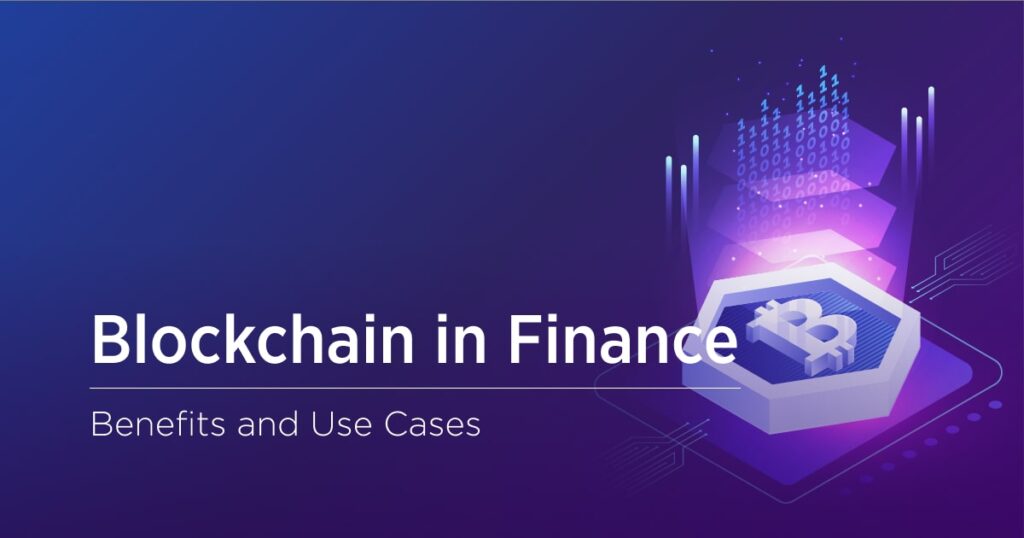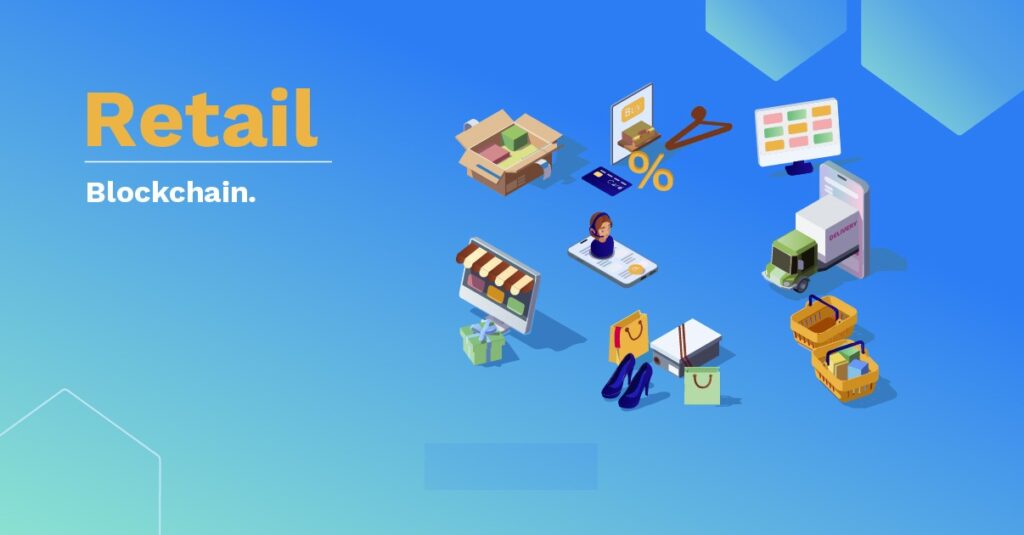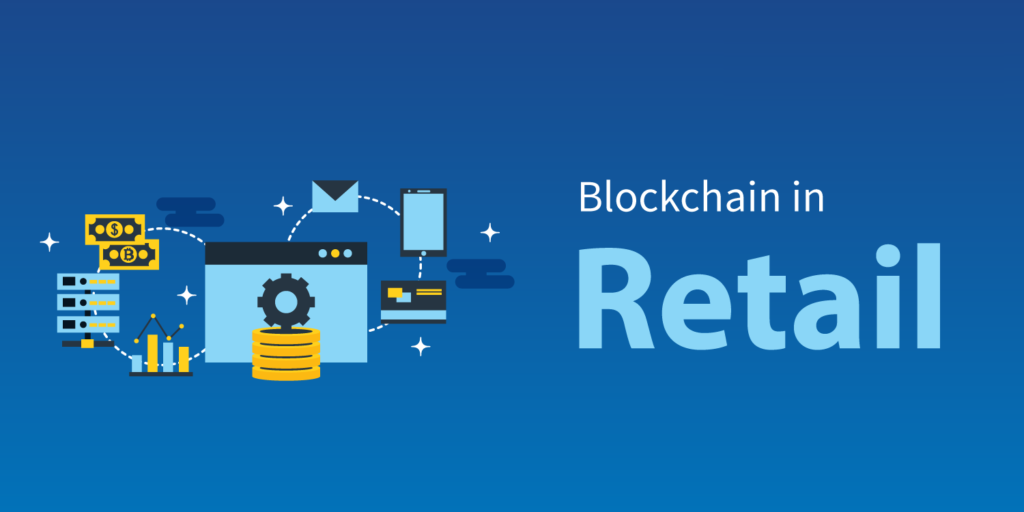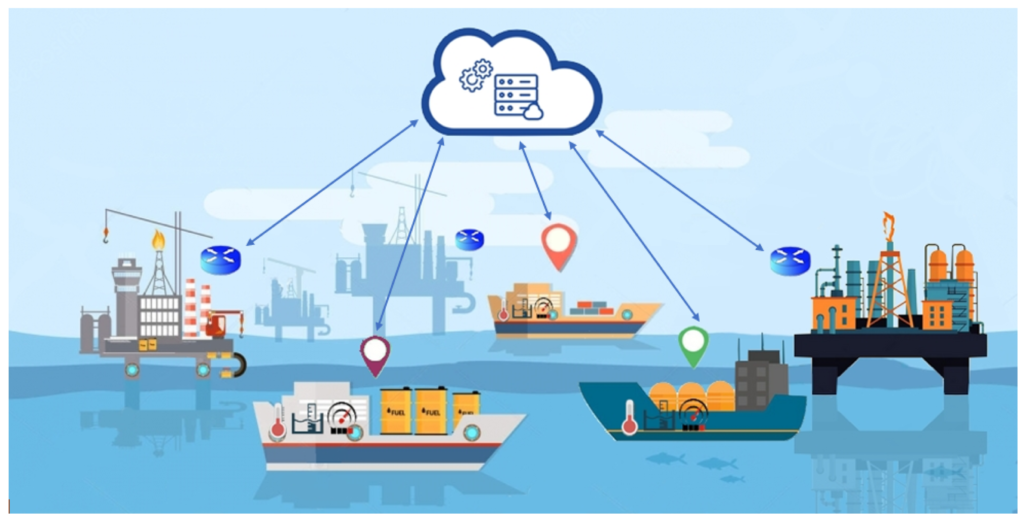Blockchain Digital Business is an internet-based technology that is prized for its ability to publicly validate, record, and distribute transactions in immutable, encrypted ledgers. The technology was invented to support transactions in bitcoin, a digital cryptocurrency that operates independently from a central bank. In essence, blockchain technology provides the platform for creating and distributing the ledger, or record, of every bitcoin transaction to thousands, if not millions, of computers linked to networks in all parts of the world.

Blockchain Digital Business Work For Business
Blockchain Digital Business: Blockchain for business is valuable for entities transacting with one another. With distributed ledger technology, permissioned participants can access the same information at the same time to improve efficiency, build trust and remove friction. Blockchain also allows a solution to rapidly size and scale, and many solutions can be adapted to perform multiple tasks across industries. Blockchain for business delivers these benefits based on four attributes unique to the technology:
Consensus
Shared ledgers are updated only after the transaction is validated by all relevant participants involved.
Replication
Once a block of the record of an event is approved, it is automatically created across the ledgers for all participants in that channel. Every network partner sees and shares a single “trusted reality” of the transactions.
Immutability
More blocks can be added, but not removed, so there is a permanent record of every transaction, which increases trust among the stakeholders.
Security
Only authorized entities are allowed to create blocks and access them. Only trusted partners are given access permission.
Application Of The Blockchain Digital Business In Various Categories:
Blockchain in Supply Chain

Introduction:
Blockchain Digital Business: In most cases, today’s supply chains operate at scale without blockchain technology. Even so, technology has excited the IT and supply-chain worlds. It has also inspired many articles and prompted established IT players and start-ups to initiate promising pilot projects, including:
- Walmart tested an application that traces pork in China and produce in the US, to authenticate transactions and the accuracy and efficiency of record keeping.
- Maersk and IBM are working on cross-border, cross-party transactions that use blockchain technology to help improve process efficiency.
- BHP is introducing a blockchain solution that replaces spreadsheets for tracking samples internally and externally from a range of providers.
- Provenance, a UK start-up, just raised $800,000 to adopt blockchain technology to trace food. It previously piloted tracing tuna in the Southeast Asian supply chain.
Features:
- Distributed marketplace
- Inventory tracking
- Limited manifestation of the information flow
- Automate payments and eliminate bad invoices
- End-to-end visibility of the entire supply chain

5 Uses of Blockchain in the Supply Chain
1. To Improve Tracking And Transparency
Implementing a blockchain alongside the Internet of Things, or IoT, devices such as smart sensors and RFID tags can more efficiently record when certain products move throughout the different stages of the supply chain, and what their condition was.
2. To Address Food Safety Issues
For the most part, the food we eat is the result of a complex global supply chain, comprising a complex web of production, processing, packaging, storage, and distribution. All of this brings us further and further away from the source of our food supply, which can be pretty bad for food safety.
3. To Promote More Ethical And Sustainable Sourcing
Over the past several years, consumers have become much more conscious of the environmental and societal impact their shopping habits have, whether that be the clothes they wear, the food they eat, or the car they drive.

4. To Make Payments More Efficient
Supply chains are made up of many suppliers, intermediaries, and third-party services, which can make it challenging to manage the movement of goods, goods pricing, and supplier payments. Traditional invoice payment terms usually take weeks or even months.
5. To Better Communication And Collaboration
But supply chains using blockchain technology can improve this communication and collaboration for all parties involved. By sharing databases between multiple parties, blockchain can essentially remove the need for intermediaries to verify, record or coordinate these transitions, according to a report from shipping and logistics company DHL.
Blockchain in Finance
Introduction:
Blockchain Digital Business: The Ethereum blockchain enables more open, inclusive, and secure business networks, shared operating models, more efficient processes, reduced costs, and new products and services in banking and finance. It enables digital securities to be issued within shorter periods of time, at lower unit costs, with greater levels of customization. Digital financial instruments may thus be tailored to investor demands, expanding the market for investors, decreasing costs for issuers, and reducing counterparty risk.

Features:
- Simplify and accelerate cross-border payments
- Automate transactions and agreements
- Greater trade accuracy and shorter settlement process
- Improve online identity management
- Global remittance
Blockchain Digital Business
Security
Its distributed consensus-based architecture eliminates single points of failure and reduces the need for data intermediaries such as transfer agents, messaging system operators, and inefficient monopolistic utilities.
Transparency
It employs mutualized standards, protocols, and shared processes, acting as a single shared source of truth for network participants.
Trust
Its transparent and immutable ledger makes it easy for different parties in a business network to collaborate, manage data, and reach agreements

Programmability
It supports the creation and execution of smart contracts— tamper-proof, deterministic software that automates business logic – creating increased trust and efficiency
Privacy
It provides market-leading tools for granular data privacy across every layer of the software stack, allowing selective sharing of data in business networks.
High-Performance
Its private and hybrid networks are engineered to sustain hundreds of transactions per second and periodic surges in network activity
Scalability
It supports interoperability between private and public chains, offering each enterprise solution the global reach, tremendous resilience, and high integrity of the main net.
Blockchain in Insurance

Introduction:
Blockchain Digital Business: Health and life insurers are among the many players scrambling to determine how blockchain could be adapted to improve the way they maintain records, execute transactions, and interact with stakeholders. Key questions center on whether blockchain’s unique attributes could help insurers cut costs, manage risk, improve customer service, grow their business, and, ultimately, bolster the bottom line.
Features:
- Efficient exchange of trusted and verifiable information
- Automate underwriting
- Accelerate claims settlement
- Automate agreements between insurers and insured
- Reduce fraud and abuse
Benefits of blockchain In Insurance Companies
In this paper, we examine the feasibility and implications of these use cases in terms of how blockchain could, directly and indirectly, improve an insurer’s basic processes and business models. The use cases address improvements in an insurance company’s operational functions as well as dealings with providers, intermediaries, and policyholders, thereby improving the customer experience, enhancing product value, and laying the groundwork for greater consumer choice in the market.

The following are the use cases presented in this report:
Moving towards interoperable, comprehensive health records
The added security and ability to establish trust between entities are two reasons why this technology can help solve the interoperability problem better than today’s existing technologies.
Supporting administrative and strategic imperatives with smart contracts
Blockchain could automatically collect records of agreements, transactions, and other valuable information sets, then link together the information and act on the data using smart contracts.
Detecting fraud more effectively
When fraudulent information is submitted to a life or health insurer via false claims, falsified applications, or other channels, smart contracts can help determine if the submission is indeed valid.
Improving provider directory accuracy
Unique provider directories could leverage the technology’s decentralized consensus protocols to allow providers and insurers to update listings more quickly and easily.

Simplifying the application process by making it more client-centric
Providing an easier-to-access, more comprehensive set of medical records on a blockchain could infuse comfort and peace of mind into what, for many, is now an intrusive and often discouraging application process.
Facilitating a dynamic insurer/client relationship
Electronic health records securely stored on a smart contract could be the foundation for integrating a wide variety of wellness-related behaviors into the insurer/client dynamic.
Blockchain in Healthcare
Introduction:
Blockchain Digital Business: Blockchain helps marketers to maintain an overview of the products used in medicine. Health and pharmaceuticals will get rid of counterfeit medications using Blockchain technologies, enabling the tracing of all these medicines. It helps discover the cause of falsification. Blockchain can guarantee the confidentiality of patient records; when medical history is developed, Blockchain can also store it, and this record cannot be modified. This decentralized network is used with all commodity hardware in the hospital.

Features:
- Pharma supply chain transparency
- Secure and tamper-proof health records
- Nationwide interoperability
- Automate verification of medical claims
- Provider data management
Benefits of blockchain technology applications in healthcare
- Blockchain is an emerging technology useful to provide innovative solutions in various sectors, including healthcare.
- This paper identifies and discusses significant applications of blockchain for healthcare.
- In healthcare, a blockchain network is useful to preserve and exchange patient data.
- Blockchain applications can accurately identify serious mistakes and even dangerous ones in the medical field.
- Blockchain plays a decisive part in handling deception in clinical trials for better healthcare outcomes.
Blockchain in Energy: Oil and Gas

Introduction:
Blockchain Digital Business: Blockchain is outgrowing its adolescent cryptocurrency identity of distributed consensus ledgers to become smart contract facilitators. Beyond creating efficiencies by removing the legal and financial intermediary in a contractual agreement, blockchain assumes the role of trusted gatekeeper and transparency purveyor. In the emerging “trust economy” in which a company’s assets and reputation are becoming both increasingly valuable and vulnerable, the following use cases illustrate blockchain’s potential in the oil & gas industry to empower and protect.
Features:
- Efficient supply chain management
- Fleet and fuel tracking
- P2P interactions, eliminate broker fees and the high cost of energy trading
- Reduce overhead and number of cost intermediates
- Greater transaction visibility
Benefits of blockchain technology in the oil and gas industry

- Crude oil transactions could be digitized– Using blockchain, crude oil transactions can be digitized which ensures enhanced security, improved transparency, and optimized efficiency
- Improved trust among parties in the industry- A private blockchain network could safely store the track record of employee and contractor certifications.
- A cryptocurrency pegged against Oil- With oil being one the most valuable non-renewable energy sources in the world, a cryptocurrency pegged to it could be a viable replacement for traditional financial transactions.
- Augmented compliance– The Oil and Gas industry is among the most heavily regulated in the world with protocols deriving from various regulatory authorities from environmental to taxation.
- Enhanced land record management- It is critical for Oil and gas companies to properly manage land sale records which represent millions of dollars worth of investments.
- Improved data storage for the Internet Of Things- IoT is a system of interconnected computing devices or mechanical machines that are able to transfer data over a network. The Oil and Gas industry relies heavily on IOT devices to monitor operations and increase their efficiency.
- Hydrocarbon tracking– blockchain technology can be used to track regulated substances effectively at each stage of the supply chain process. This can help improve accountability in the industry.
Blockchain in Retail
Introduction:
Blockchain Digital Business: Brick-and-mortar retailers continue to lag behind when it comes to the adoption of blockchain. However, a shift in thinking has been occurring over the past few years, with a growing number of organizations recognizing the potential of this technology.

Features:
- Simplify inventory tracking
- Automate consumer and B2B payments using smart contracts
- Food safety in the supply chain
- Consumer privacy
- Loyalty reward points
Benefits of blockchain In Retail
1. Improving traceability
Blockchain-based systems for product traceability, on the contrary, are decentralized, which allows companies to more securely trace and authenticate a product.
2. Combating counterfeiting
In the retail context, counterfeiting has an especially negative impact, leading to product recalls, brand reputation damage, a decrease in customer trust, and, ultimately, significant monetary losses. Importantly, counterfeit products can also be a matter of life and death.

3. Ensuring food safety with IoT and blockchain
From local grocery stores to multinational food retail chains to restaurants, every business operating in the food industry is constantly trying to find a balance between preventing economic losses from spoiled food and ensuring food safety.
4. Enhancing loyalty programs
According to a study by Oracle, 71% of US consumers are active in at least one to five loyalty programs per month and 56% have at least one loyalty rewards program app on their phone.
Blockchain in Transportation
Introduction:
Blockchain Digital Business: Blockchain in logistics and trucking is an emerging technology that promises to lower shipping costs and eliminate inefficiencies. Blockchain can solve decades-old industry issues such as long dispute resolution processes, low administrative efficiency, and poor and insecure order tracking.

Features:
- Greater visibility of the supply chain
- Trusted data across the transportation and logistics ecosystem
- Accelerate customs clearance using smart contracts
- Easy coordination of documents on a shared distributed ledger
- Reduce processing time
Benefits of blockchain in transportation
Blockchain is an excellent solution for industries with numerous, quite dispersed processes, such as transport. It helps improve the coordination of all operations and provides a transparent and safe way of doing business.
Increased security
In addition to decentralization eliminating a central point of failure, the blockchain prevents fraud and effective attacks. It completely changed the data signature, identifying the fraud and the person who made it more effective.
Better traceability
Blockchain can track updates throughout the value chain and across all processes, thus providing information about the product at every stage of its life cycle, including production, delivery, logistics, distribution, and other details.

Faster and more straightforward process execution
Blockchain does not require a lengthy verification and billing process as a single version of the reconciled share ledger data is available between all stack handles.
Time reduction
By enabling faster payments and settlement of transactions, blockchain significantly reduces the waiting time for the finalization of financial operations.
Transparency
All transactions are immutable, and changes to public blockchains are visible to all. It gives greater openness to each of the interested parties.
Greater trust from consumers
Thanks to better insight into the origin and life cycle of the purchased products, customers increase their faith in the brand. In addition, the blockchain certifies and verifies the identity of the interested parties.

Check Also: 15 Richest Crypto And Blockchain Billionaires In [year]
Frequently Asked Questions (FAQs)
How can blockchain be applied in different industries?
All transactions are permanent and verifiable, making it easy for an owner or a customer to view each record.
Which industry will be most affected by blockchain?
Applying blockchain technology to real estate transactions could make transferring property more efficient. Blockchain tech can potentially record and track real estate transactions and ensure documentation accuracy.
How blockchain is changing industries currently?
Blockchain technology has become increasingly available across industries because of how well it helps to organize data.
Can blockchain be used to support sustainable business practices?
Blockchain technology can help businesses achieve their sustainability goals by enabling crowdfunding and peer-to-peer financial transactions to be leveraged in aid of climate action initiatives.
How does blockchain improve the economy?
Blockchain can offer financial inclusion for traders in developing countries, allowing them to fully participate in the global economy by providing a safe, affordable solution to cross-border transactions.





